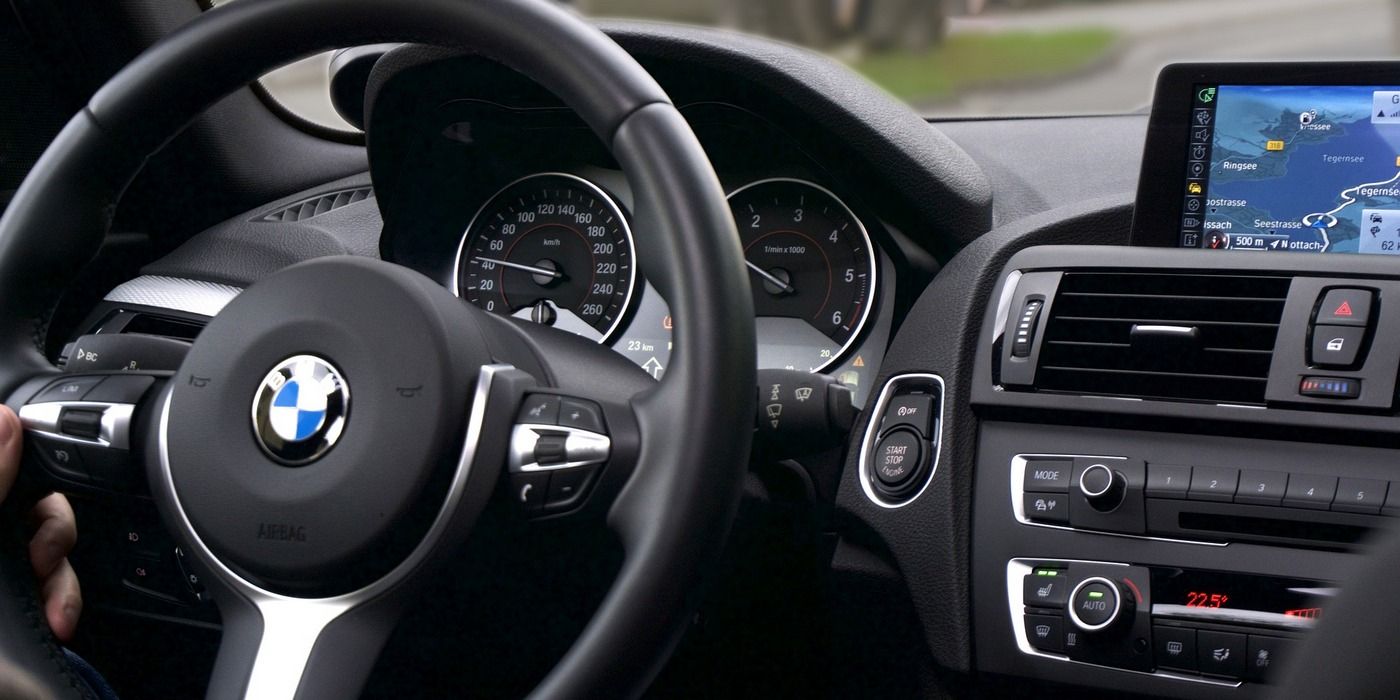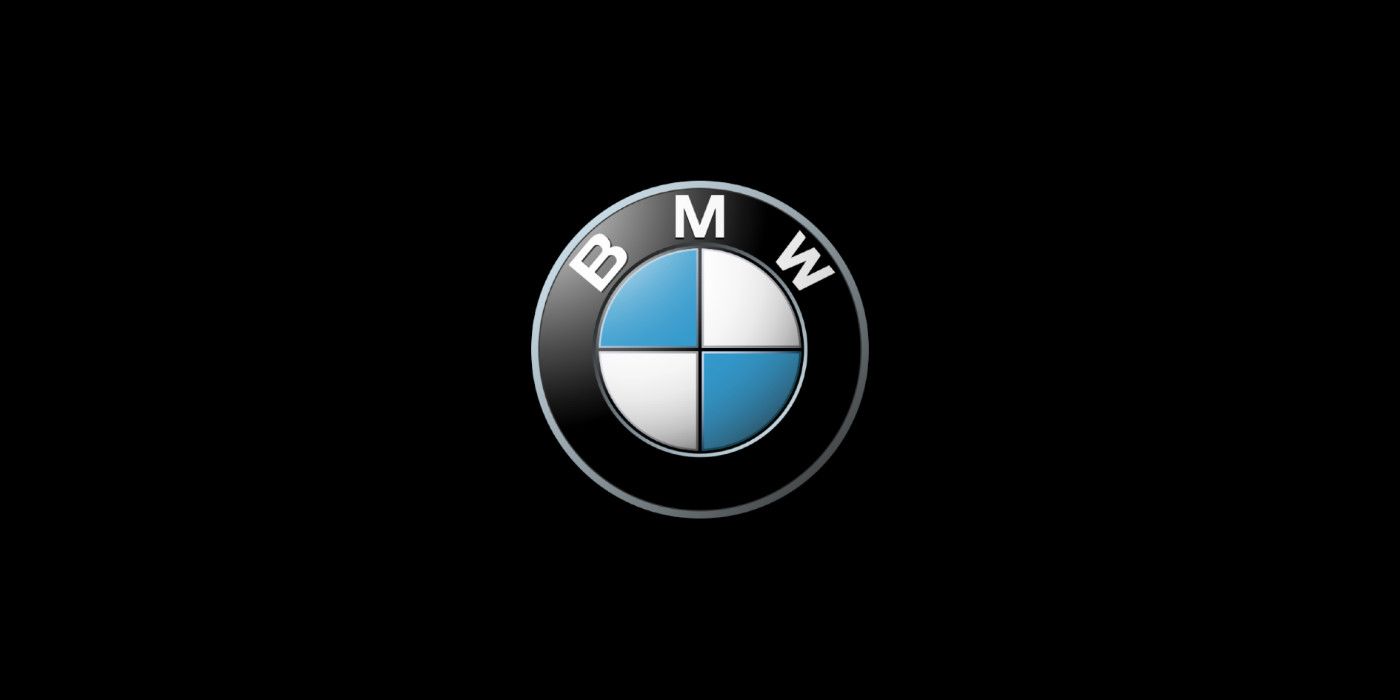BMW is reportedly shipping some new vehicles without support for Android Auto and Apple CarPlay. Both Android Auto and Apple Car Play have become ubiquitous over the years, and a car without support for either of these is almost unthinkable in 2022, unless the car in question is a Tesla. In fact, many of the newer models from Ford, Toyota, Hyundai, Mitsubishi, and other automakers offer both systems in their cars, helping both Android and iPhone users mirror their smartphones to their vehicle's infotainment system.
BMW is one of the three leading German automakers alongside Mercedes-Benz and Audi. Like most other modern car companies, BMW is also investing heavily in EVs as part of its stated plans to achieve 50 percent sales from electric vehicles by 2030. To attain its goal, the company has been launching a slew of new EVs over the past couple of years. Its latest launch is the i7 xDrive60 7-series luxury electric sedan which is expected to compete with similar offerings from the likes of Tesla, Mercedes-Benz, Audi, Lucid Motors, and more.
BMW is shipping some of its latest cars without Android Auto, Apple CarPlay, and Wi-Fi connectivity after changing its chip supplier to mitigate the crushing chip shortage. However, the company apparently plans to add those functionality to its cars through a software update in the near future. In a statement provided to Automotive News Europe, BMW said that the functionality will be available in the affected cars "by the end of June at the latest."
Cars In The U.S. And Europe Are Affected
BMW did not specify which models are affected, but said that all units with '6P1' in their product specification won't ship with the aforementioned features. According to the company, the units that were shipped without the features were manufactured in the first four months of this year. It's also not clear which regions are affected, but the report states that drivers from the U.S., the U.K., Italy, Spain, and France have received their cars without the features.
The ongoing chip shortage has affected pretty much every industry imaginable. While the tech industry has been one of the worst affected, automotive companies have also been struggling to roll out full-featured cars in a timely fashion. BMW itself faced massive problems due to the supply crunch late last year, when it had to ship some of its new vehicles without touchscreens. BMW has now also stopped offering a manual transmission option for its Mini range due to unspecified component shortages.
Source: Automotive News Europe


